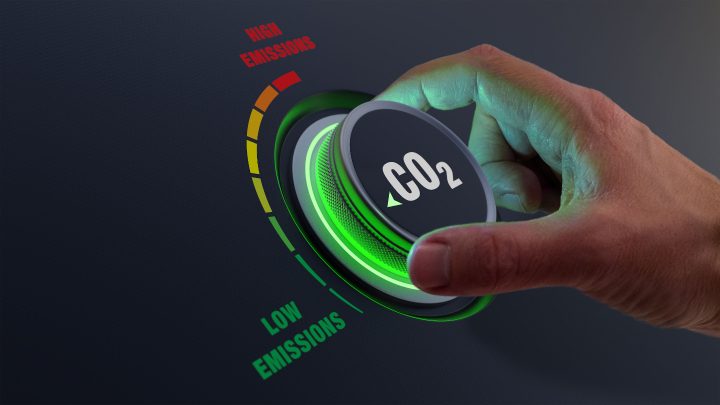Made from recycled vegetable oil and fats, HVO is a second-generation biodiesel that’s built up a solid reputation for being a reliable source of renewable energy.
Processed using a specialist hydrotreatment which produces high purity levels, resulting in a stable, long-lasting biofuel that maintains performance.
Is HVO sustainable and will it have a big impact on reducing carbon emissions?
HVO is a sustainable alternative with longevity. Not only can it withstand extreme hot and cold temperatures, but it also has a long-shelf life in comparison to its first-generation counterparts.
Early adopters of HVO have also shown us that HVO decreases user carbon emissions by up to 90%.
While there is an argument that no diesel is sustainable and will ultimately be responsible for some emissions, it will be a major player in helping us reach net zero.
This is where we reach the perfect balance between the carbon that’s emitted into the atmosphere is the same amount that’s removed.
There are also other sustainability issues associated with HVO that make it a problematic biodiesel but over time, HVO manufacturers are looking to resolve these sourcing issues which will make it more sustainable.
Can HVO fuel our homes in the future?
Though we know that HVO can successfully fuel huge fleets and personal cars, and the impact that it could have on our climate, it’s time to look at whether HVO can serve as an adequate replacement for homes.
What do the trials show?
Trials were held, with HVO modified boilers, to test whether HVO could be used as a renewable source in domestic and commercial heating enviroments.
Over 200 homes and businesses took part in the second phase of the trial, switching their heating source from Kerosene and Oil to HVO.
These trials will determine whether HVO can successfully be rolled out to homes across the country.
When will HVO start heating our homes?
The government is putting plans in place to reduce our reliance on fossil fuels in our homes by banning fossil fuel burners completely.
The ban is set to begin in 2025 for newly-build homes and 2035 for older homes.
This makes the early trials even more important because if they fail, we will need to look at alternatives to HVO as fossil fuels will not be an option.
If the HVO trials are successful, it’s looking like HVO will start to replace kerosene in our homes from 2025 onwards.
Conclusion
Data suggests that eventually we’ll be able to transition to HVO and phase out kerosene to heat homes entirely, but it will take several years before we start seeing HVO as the primary energy source to homes in the UK.
